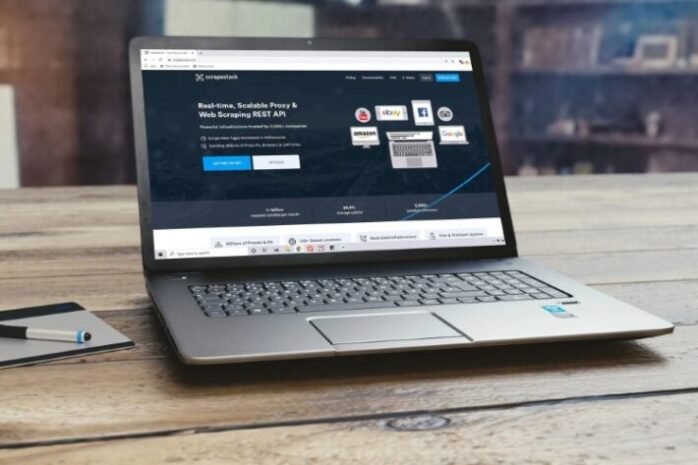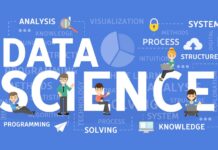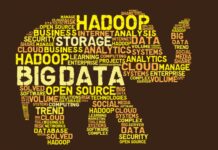
Kingdoms do rise and fall, and the time of content as king is quickly giving way to data. Increasingly digital applications and the Internet of Things that manage most aspects of life are underpinned by data. Consequently, studies show that at 79% of all business leaders warn that business that will not embrace Big Data will lose their market positions or go the way of the dinosaur.
One of the most popular Big Data mining methods is known as web scraping. Data web scraping is used to gather data from multitudes of webpages, analyze it, and save it to computer files or databases. Web scraping allows robots to access vast amounts of online data without the need to access a website’s database or API.
All that your browser needs to do is to access the website and then scrape it for data. The alternative to web scraping is a manual copy and paste process, which is not only labor-intensive but slow and expensive as well.

Real-time scraping
Businesses are therefore using proxy mechanisms to perform heavy-duty web scraping from websites. Since the process of building robust scraping infrastructure is quite technical, most businesses turn to data scraping and proxy providers for a feasible solution.
These service providers provide data scraping tools that focus on e-commerce and search engine data extraction. They, for instance, provide real-time data scraping tools. These products have two main methods of data delivery, which include call back and real-time data delivery.
The callback method of real-time information delivery only sends notifications once the data crawling process is complete, and the data is analyzed and saved. Call back methods need a callback server for the data collection and delivery process.
Real-time information delivery processes ensure that the data collected is availed on the same connection, ensuring faster real-time data collection.

Advantages of real-time scraping
Data scraping is crucial for businesses such as e-commerce and travel companies that need to monitor thousands of online subcategories for price competitiveness. These business sectors change their pricing and product offerings regularly, which means that changes occur every other minute. As an illustration, the online flight ticketing processes can change the price of a ticket by a small percentage as the number of bookings increase or decrease.
Businesses are, therefore finding themselves not just in need of web scraped data, but data that is delivered to them in real-time. Real-time scrapers ensure that all the information gleaned from aggregators, e-commerce, and affiliate WebPages is not only in-depth but updated as well. There are many advantages of such data including;
- Less need for large storage spaces for crawled data saved on-site or cloud storage. Since the data provided changes in real-time, then there is a lessened need for expensive storage features. Real-time scraping ensures that your business only saves its most recent searches.
- When you are performing real-time web scraping services, you only need to scrape crucial searches constantly. This feature lowers your costs considerably since you do not need to keep your scraper infrastructure running at frequent intervals, updating all your pre-existing data.
- Real-time scraped data provides up to date information, which ensures that your customers will get the best online deals compared to that of your competitors. This factor will help you to gain and sustain a loyal clientele.
- Real-time data crawling services provide more significant success in data mining because they use larger pools of rotating IPs. Their data backup systems are also more robust to minimize errors and delays during data extraction.
- These crawlers are designed and managed by respected industry players and are very easy to use. All you need to do is to provide the crawler tool with a URL, and it will give you analyzed and formatted real-time data in return.

Types of businesses that rely on real-time web scraping
Real-time data scraping is used by companies that heavily rely on data scraping to build better pricing strategies. It is also relied on in content scraping in e-commerce sites in the search for an ad, product, and user review data. The process is also the real backbone of the brand protection web scraping, especially in crisis periods.
Real-time web scrapers allow businesses to keep track of competitor website changes allowing them to scale up their data collection as they wish. Such data, as mentioned, is highly profitable for SEO monitoring and price intelligence.
Conclusion
Real-time crawlers make the web scraping process more profitable for businesses by offering optimized data scraping prices since information is paid for per page rather than per IP. This optimizes data collection, ensuring that businesses only access data that applies to their trade.
These crawlers eliminate IP blocks and help businesses to access geo-blocked data all the while preserving their anonymity. A knowledgeable technical team supports the Oxylabs Scraper APIs, and its real-time data scraping functionality is invaluable for market research and seasonal pricing intelligence.








